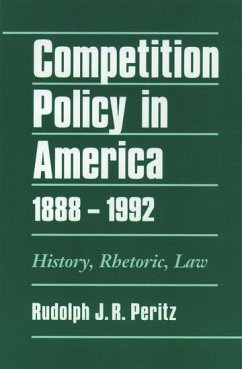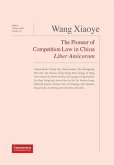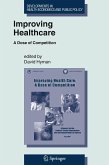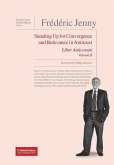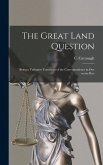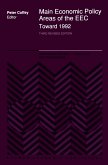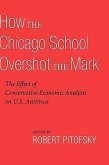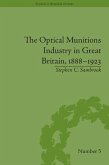In this book Peritz analyses how free competition has signified both freedom from oppressive government and freedom from private economic power. Peritz shows how these two complex yet distinct and sometimes contradictory images have influenced government policy and continue to inspire public debate over political economy in America.
In Competition Policy in America, 1888-1992, Rudolph Peritz explores the durability of free competition imagery by tracing its influences on public policy. Looking at congressional debates and hearings, administrative agency activities, court opinions, arguments of counsel, and economic, legal, and political scholarship, he finds that free competition has actually evoked two different visions - freedom not only from oppressive government, but also from private economic power. He shows how the discourse of free competition has mediated between commitments to individual liberty and rough equality - themselves unstable over time. This rhetorical approach allows us to understand, for example, that the Reagan and Carter programs of deregulation, both inspired by the rhetoric of free competition, were driven by fundamentally different visions of political economy.
Hinweis: Dieser Artikel kann nur an eine deutsche Lieferadresse ausgeliefert werden.
In Competition Policy in America, 1888-1992, Rudolph Peritz explores the durability of free competition imagery by tracing its influences on public policy. Looking at congressional debates and hearings, administrative agency activities, court opinions, arguments of counsel, and economic, legal, and political scholarship, he finds that free competition has actually evoked two different visions - freedom not only from oppressive government, but also from private economic power. He shows how the discourse of free competition has mediated between commitments to individual liberty and rough equality - themselves unstable over time. This rhetorical approach allows us to understand, for example, that the Reagan and Carter programs of deregulation, both inspired by the rhetoric of free competition, were driven by fundamentally different visions of political economy.
Hinweis: Dieser Artikel kann nur an eine deutsche Lieferadresse ausgeliefert werden.

